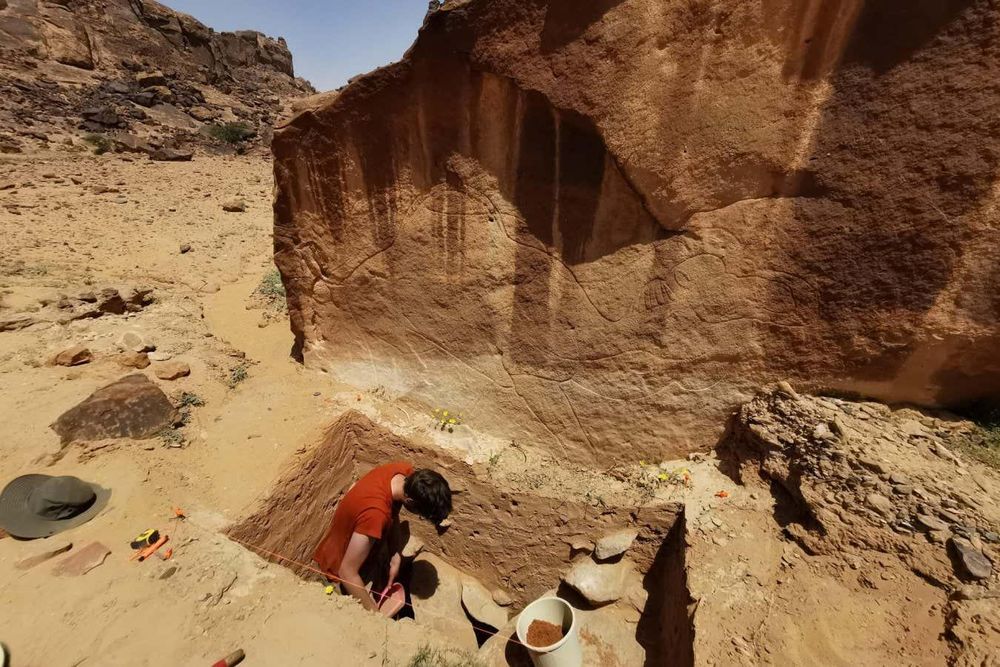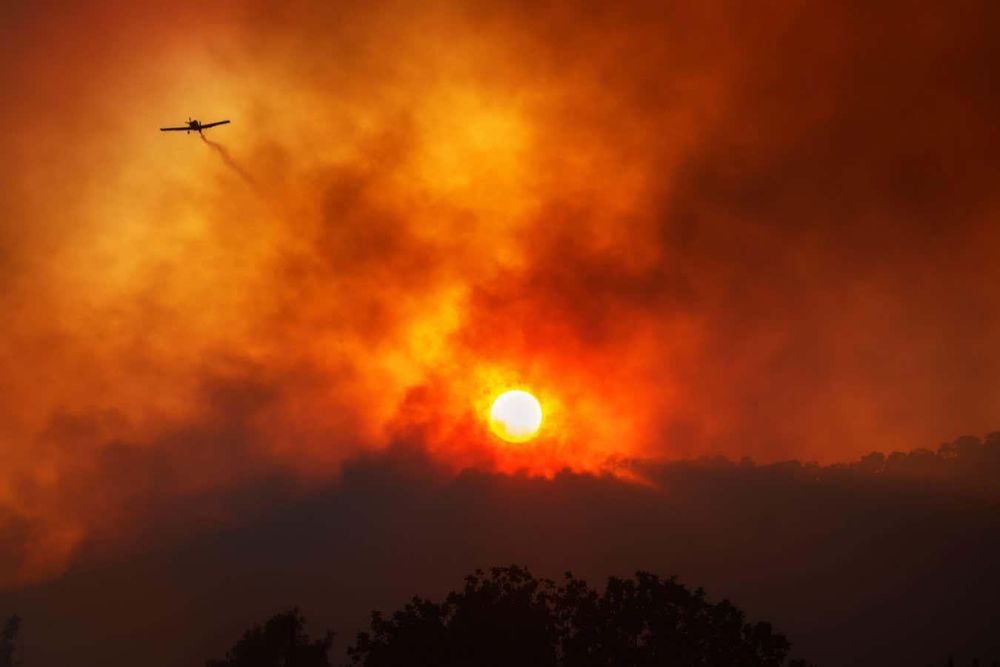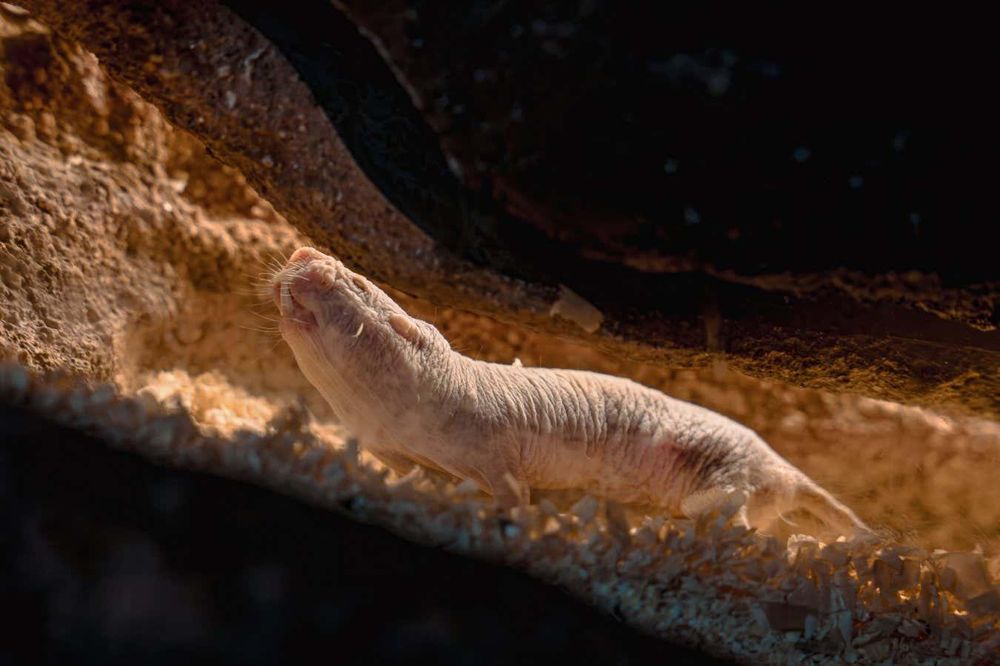New Scientist
@newscientist.com
23K followers
29 following
9.2K posts
The best place to find out what’s new in science – and why it matters.
Posts
Media
Videos
Starter Packs
Pinned



























